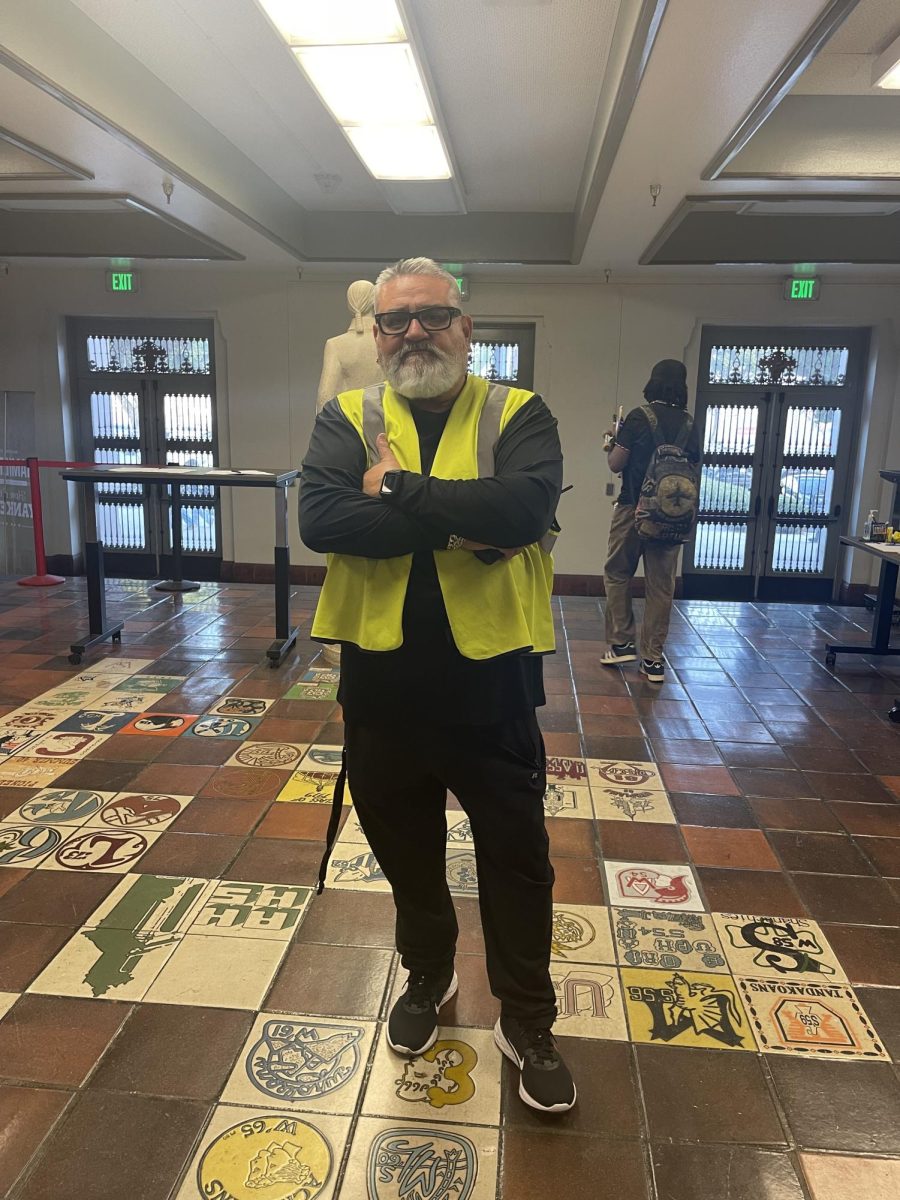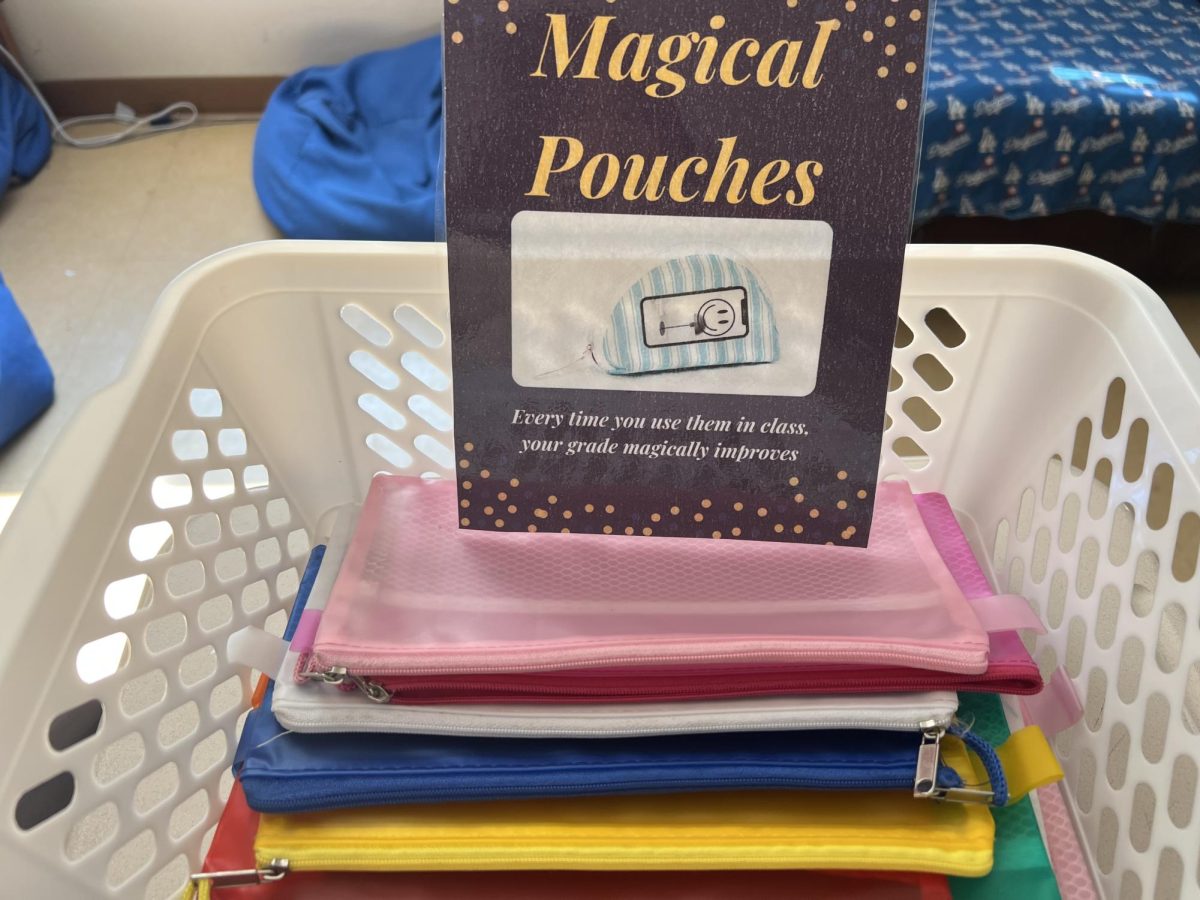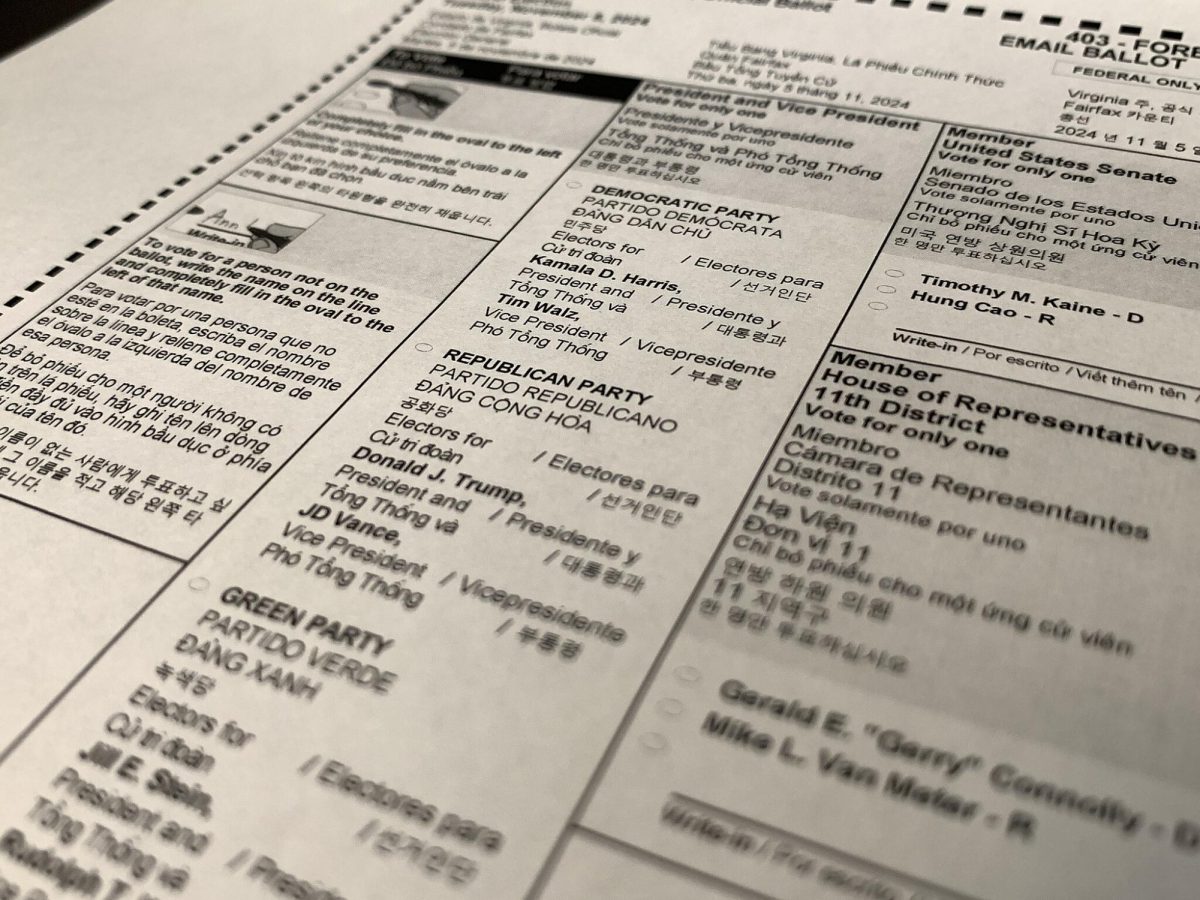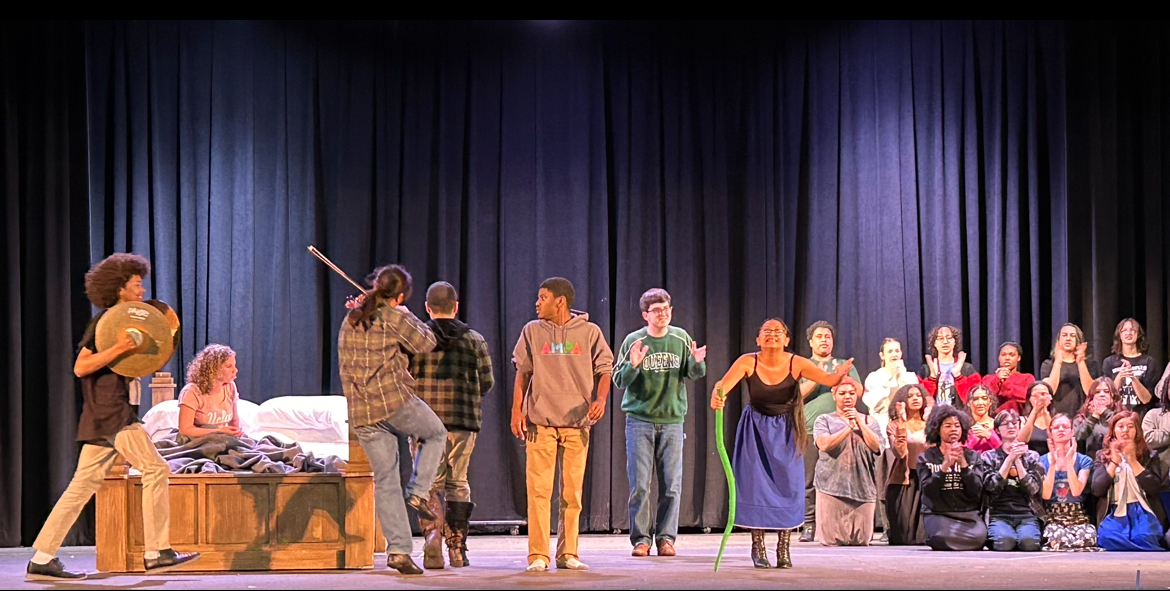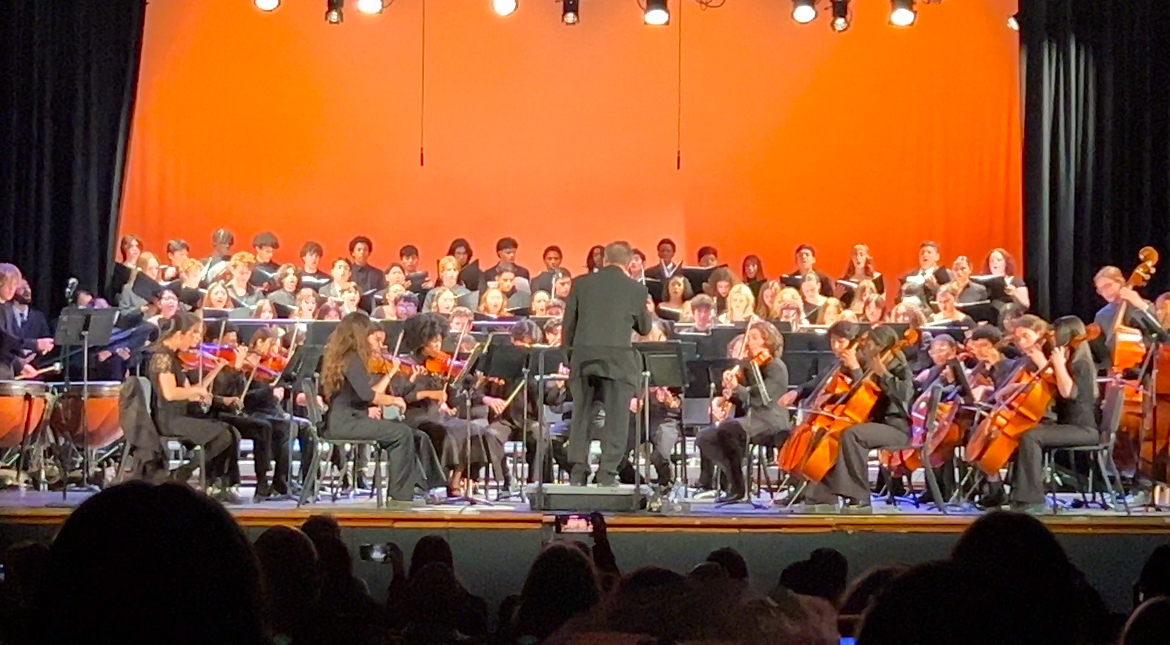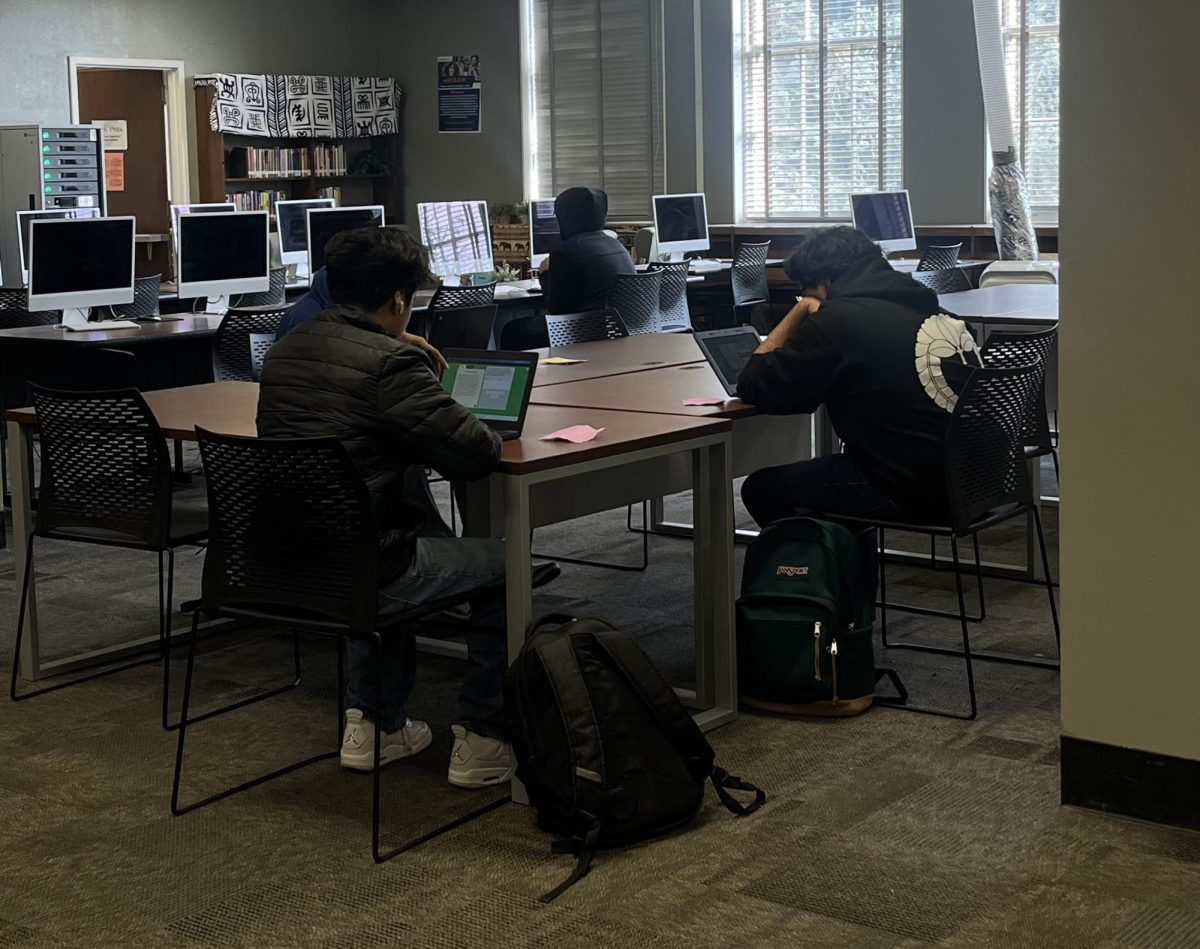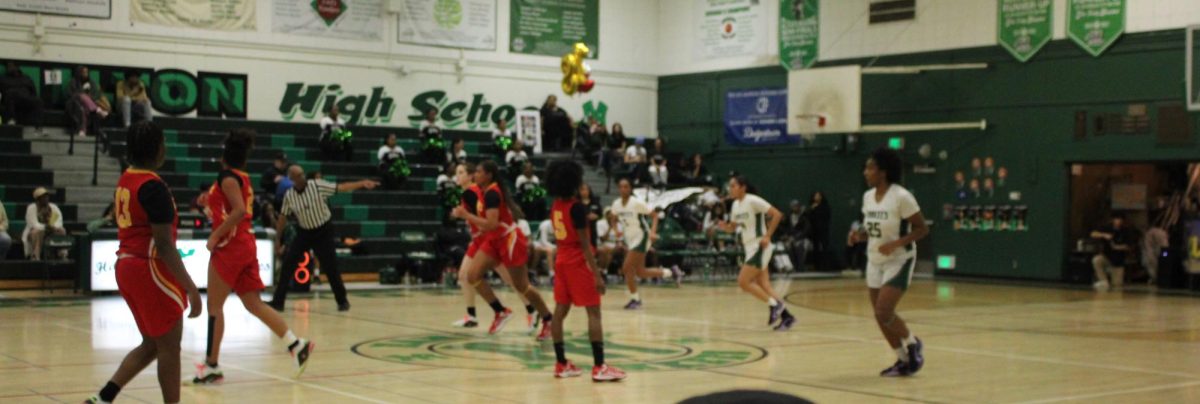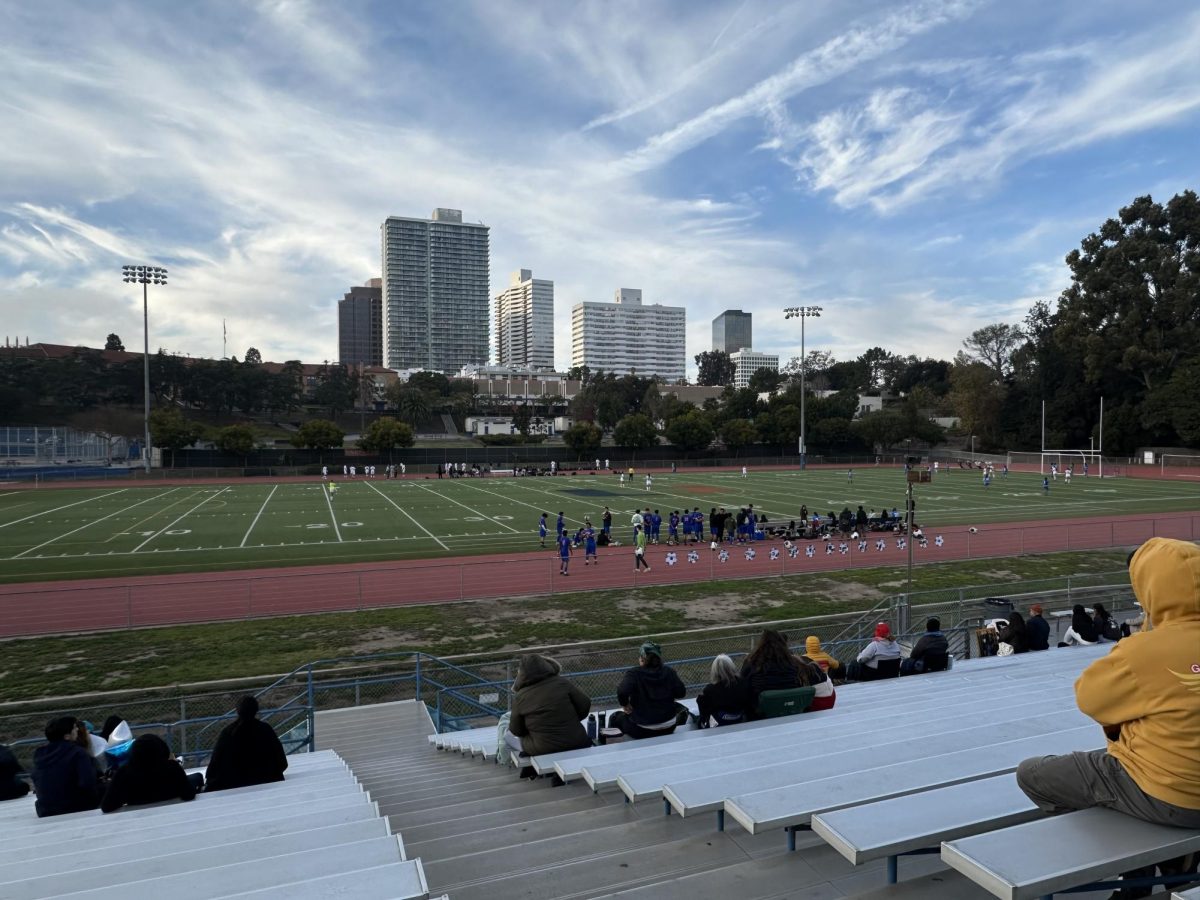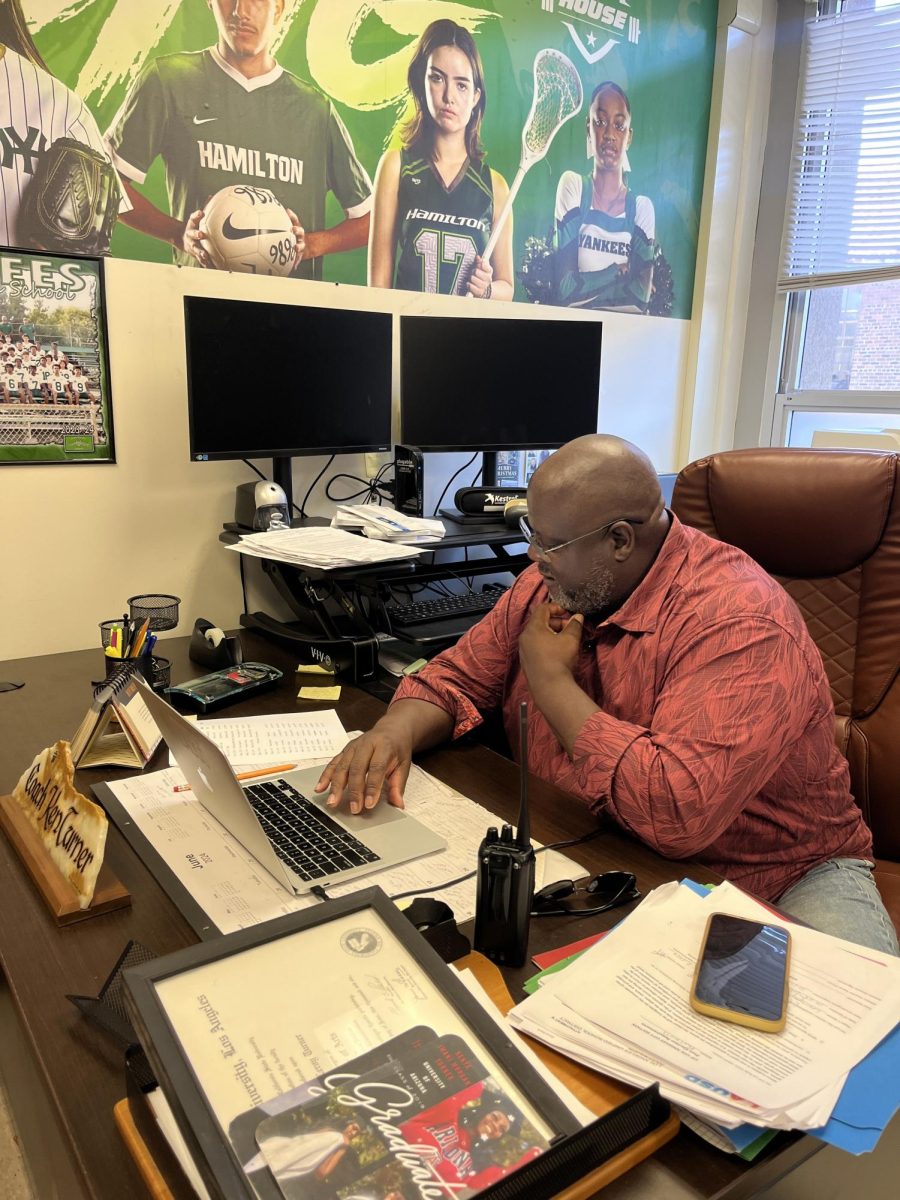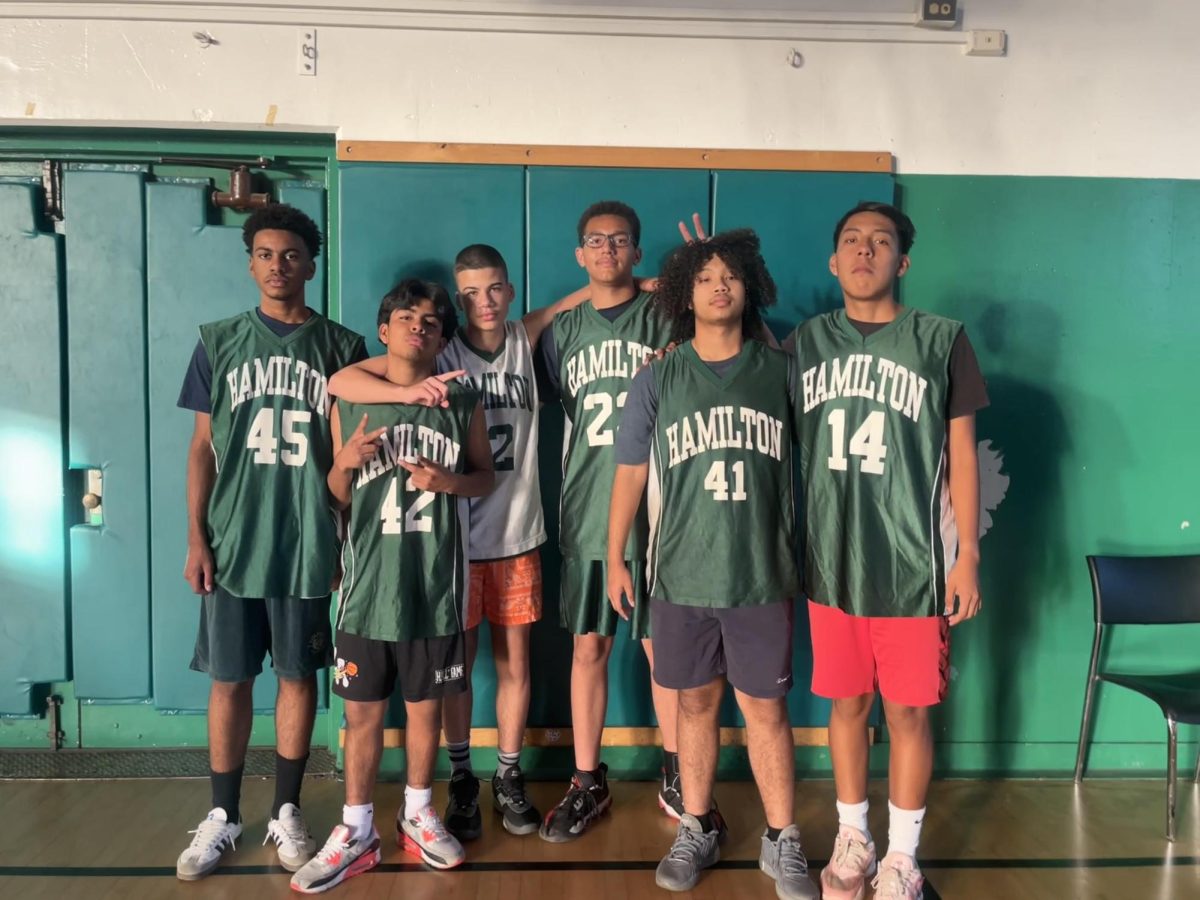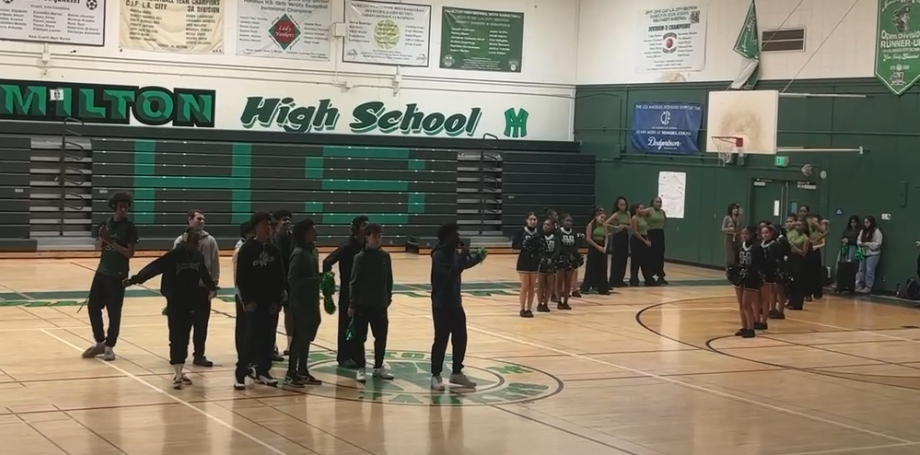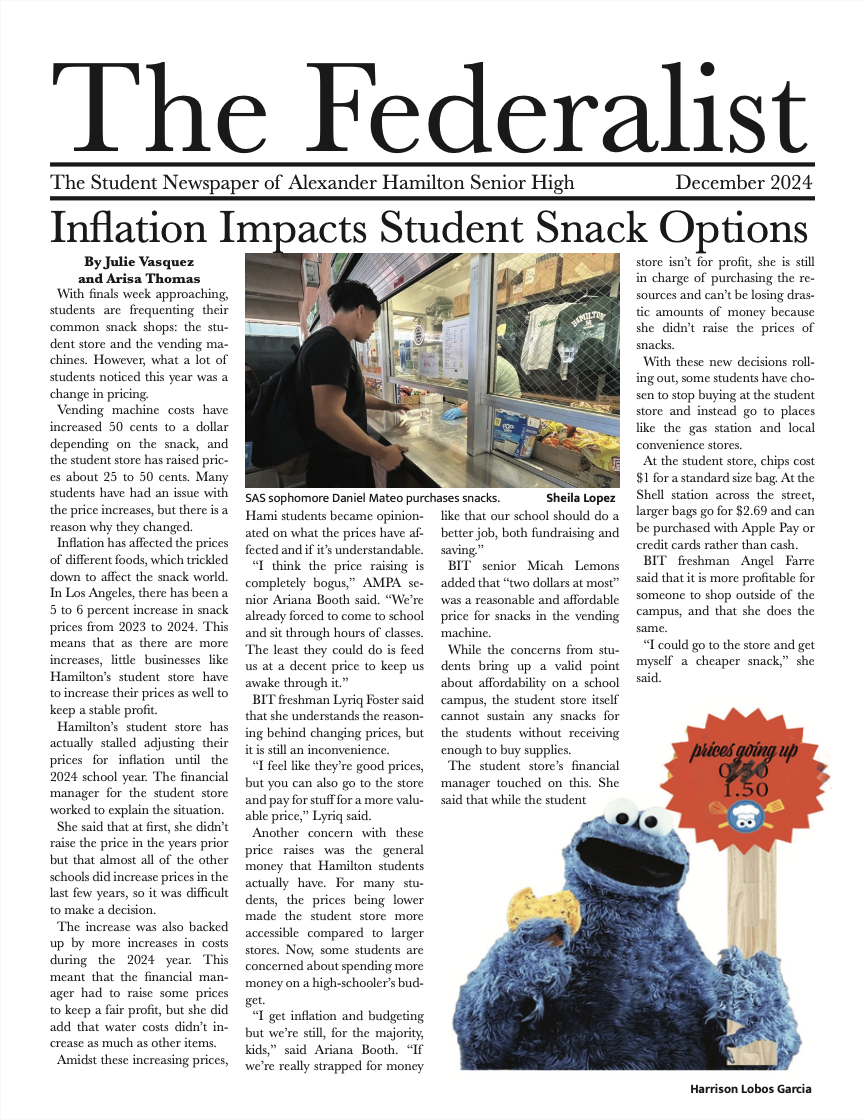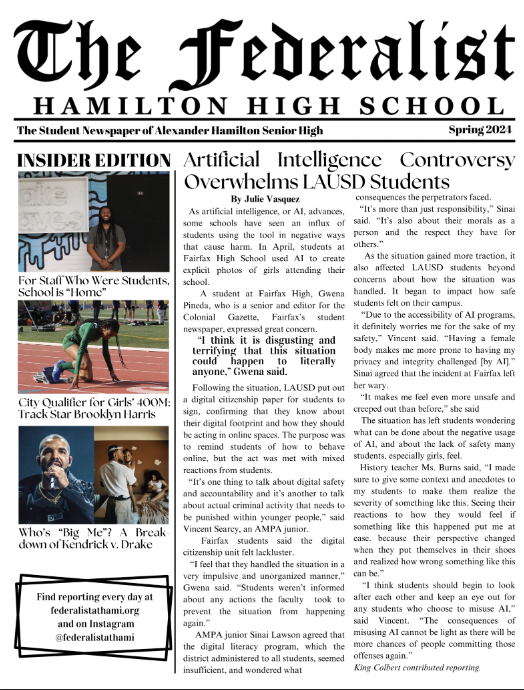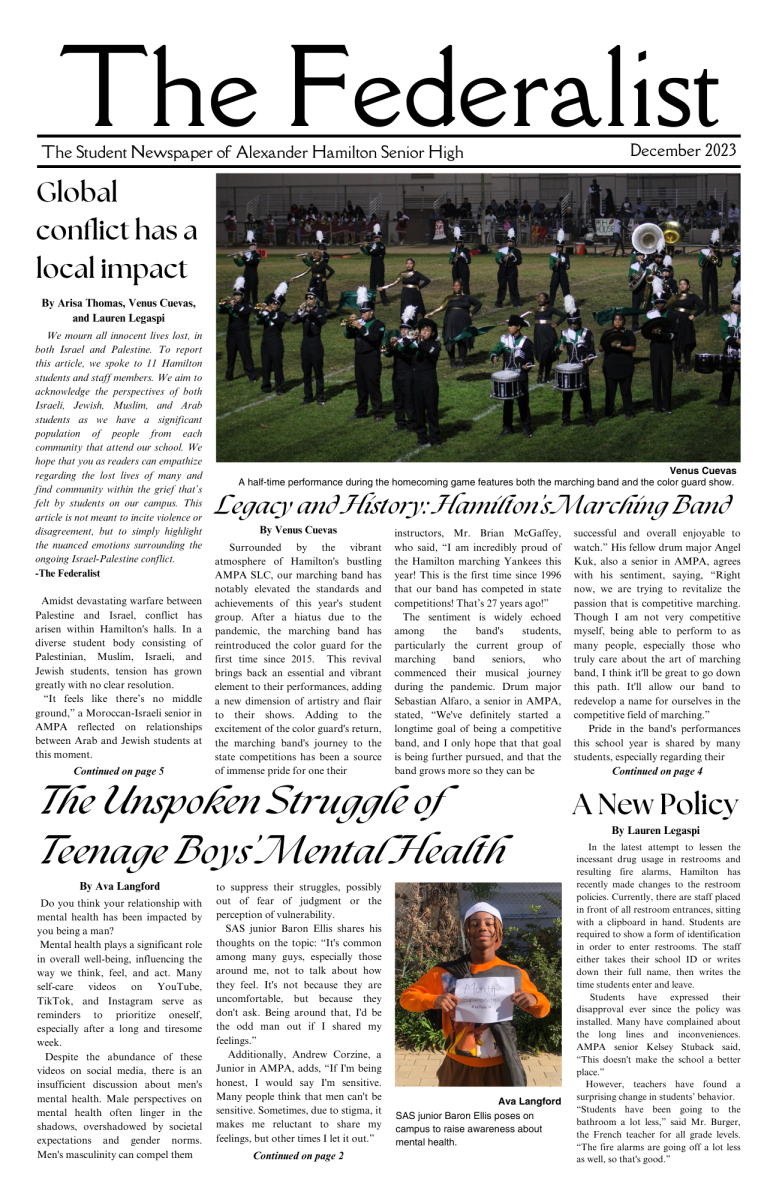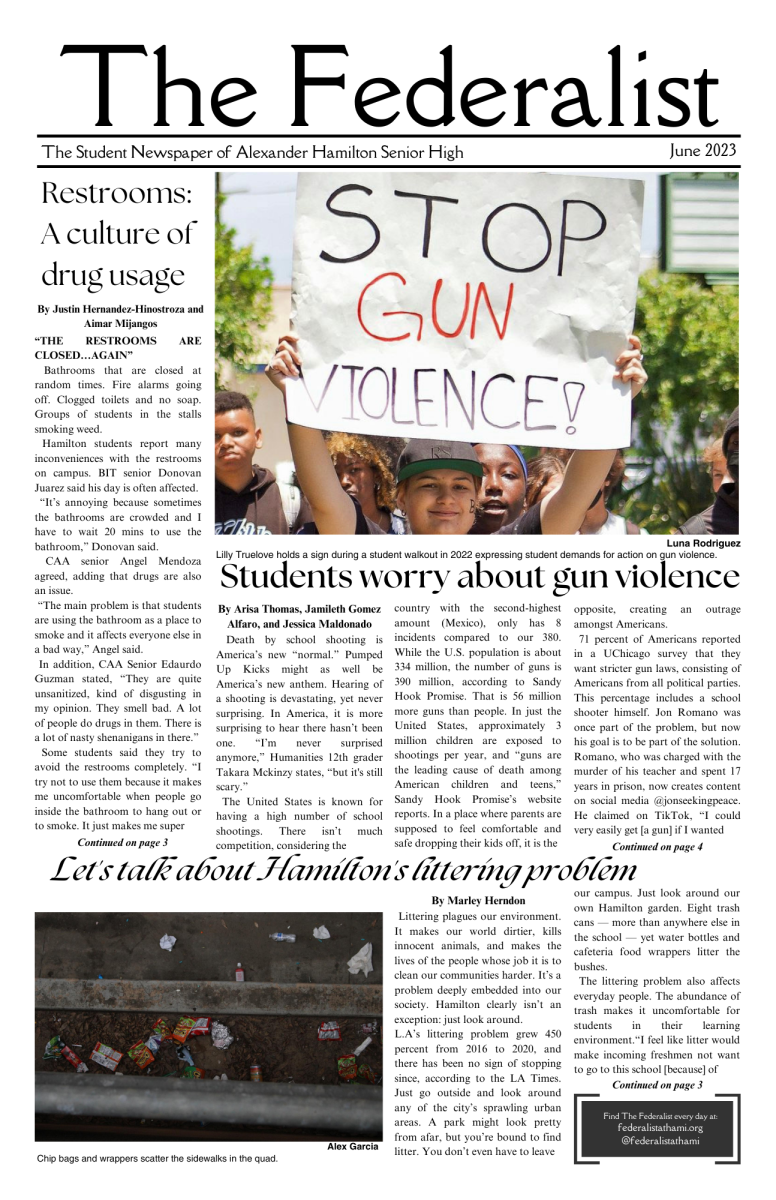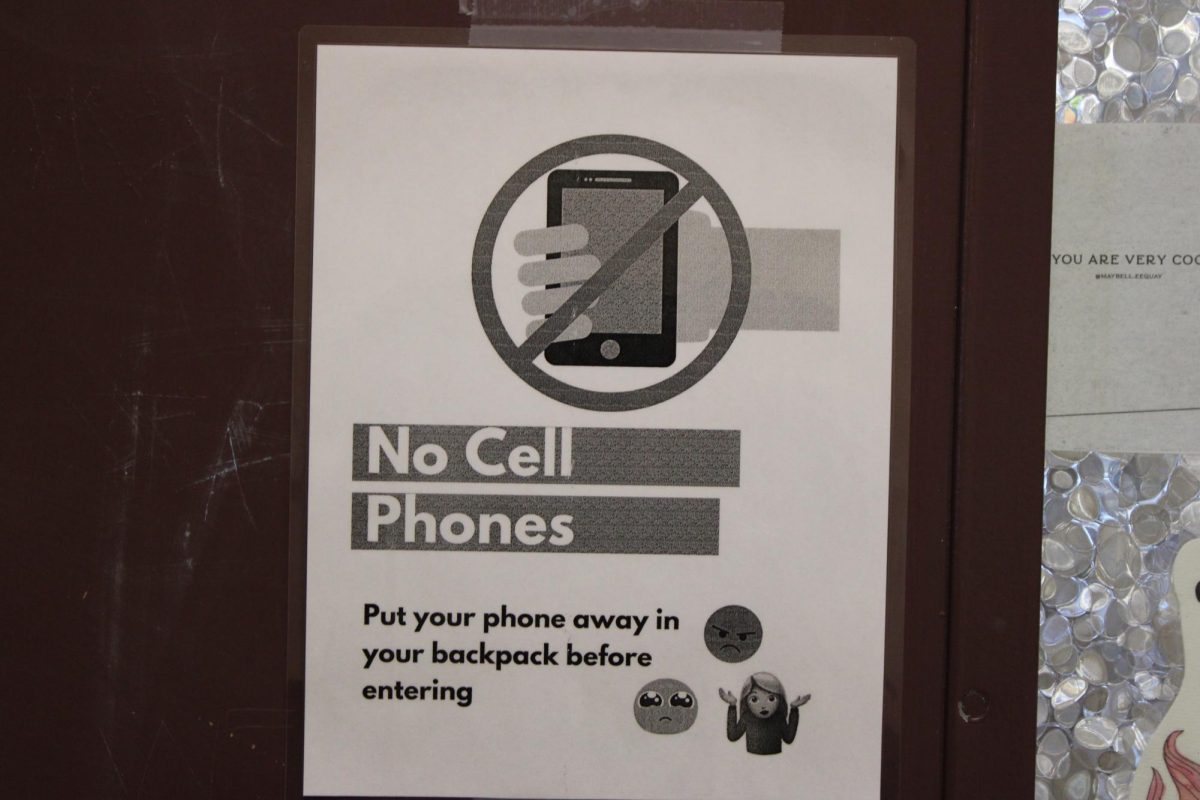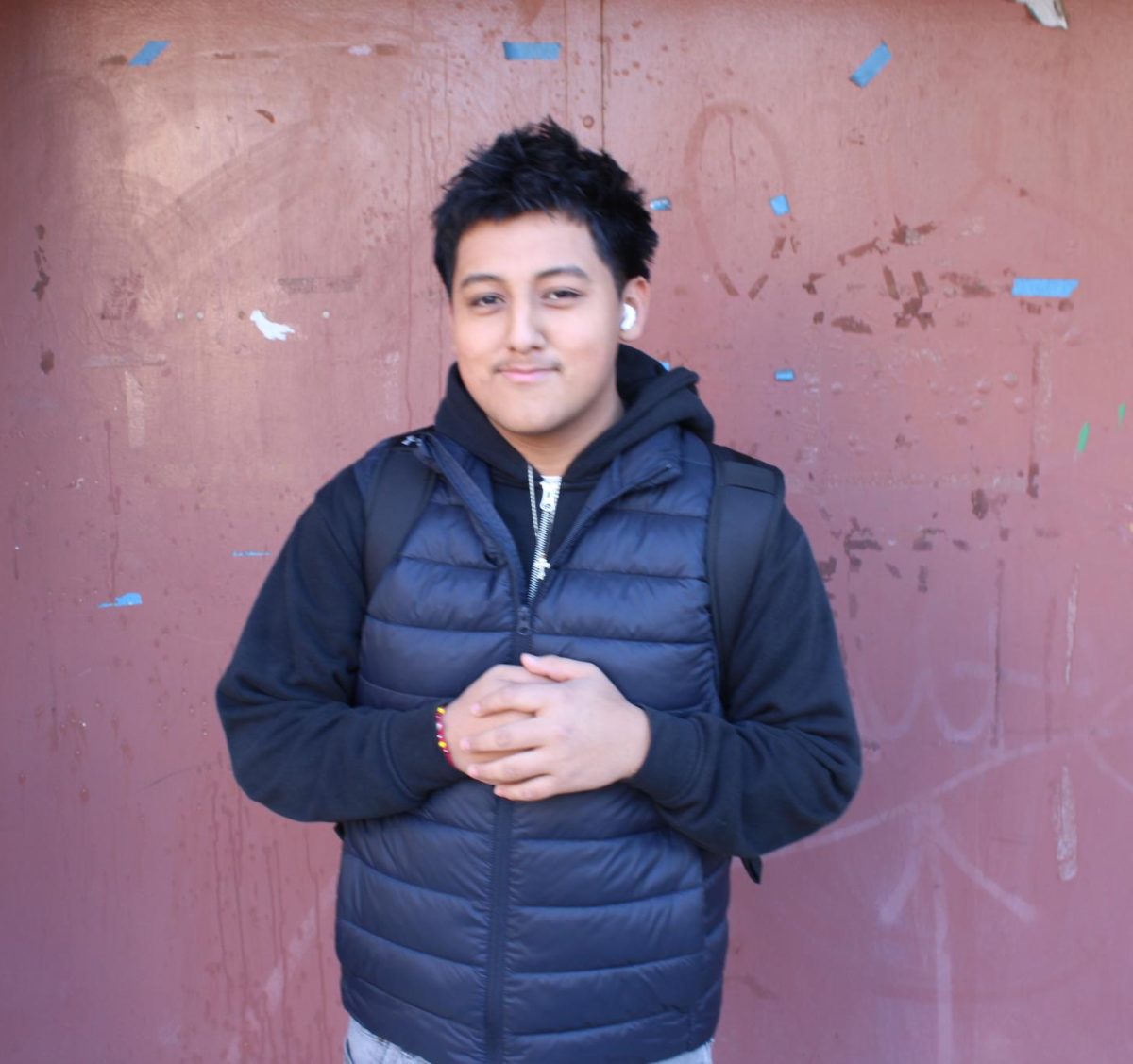As we head deeper into the new semester, Hamilton’s phone ban has proven it’s here to stay following California’s mandate that schools must enforce a phone-free environment. With about a month of enforcement behind us, the policy is becoming a routine part of campus life, though not without resistance. Time spent with the policy has allowed students to form varying opinions on the implementation, and some have found themselves adjusting easier than others.
“My old school had Yonder pouches so it’s kind of similar,” explained Humanities sophomore Jake Spark. Despite his experience with similar policies, he expresses his own critiques. “Like it or not, phones are an essential part of the modern world – I understand why phones are not allowed in class but I find it strange that technically we’re not allowed to have them during passing periods, lunch, and nutrition if they are so key to modern-day communication,” he said.
This sentiment is shared by many, including CAA senior Harrison Lobos. “It feels like we’re taking a step back instead of moving forward with technology.” In the same breath, he reports not yet recognizing a huge shift on campus. “I feel like everyone [will] just forget about it now until they bring in the pouches, maybe that’ll make a difference.”
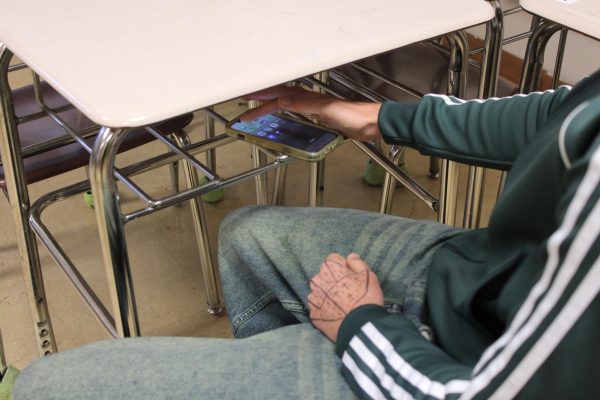
Students, however, are not the only ones forced to adjust to this change.
“Teachers have to give engaging lesson plans in order for this to work,” said BITA director Ms. Cooley. “If the students think it’s boring then that’s when they will be on their phones.”
Coach Brown shared his advice on how to manage the unfamiliar shift in the school policy.
“This is something that you have to get used to in life, not just in school,” said Coach Brown. “There are going to be rules and regulations to everything you need to do. you need to learn how to build structure and follow rules and that’s why the cell phone policy is held.”
Regardless of complaints, students are not blind to the wisdom behind the ban.
“Banning phones from class makes a positive impact because phones are super distracting,” said Jake. “At the same time, being social is a cornerstone of being a teenager and the school should be able to balance both of those without sacrificing either social relationships or educational prowess.”
It’s important to note that our campus is not the first school to adopt such a policy nor will it be the last, as all schools are expected to follow suit by 2026. As students continue to adjust to the shift, it’s evident that the reactions to the ban is far from consistent. Some see it as a step toward better focus and educational advancement, while others see it as an infringement on their social and personal lives. Ultimately, the effectiveness of the ban is yet to be determined but changes in student behavior and academic outcomes are sure to become clearer as time passes.


